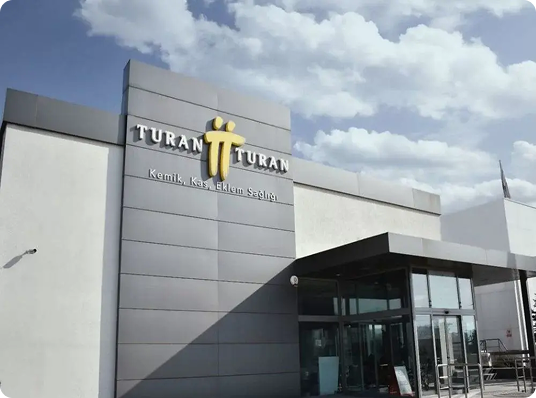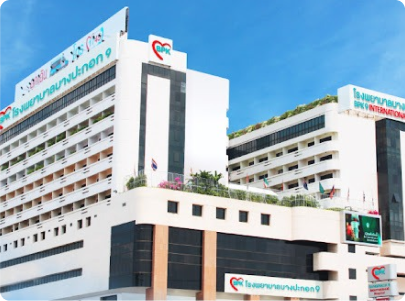Poliomyelitis
Through the application of Poliomyelitis, healthcare providers are able to address complex medical conditions with precision, utilizing the latest advancements in technology and evidence-based practices.
Get Expert Consultation
Speak with our medical travel experts to get personalized guidance for your procedure
✓ No commitment required • ✓ Expert guidance • ✓ Free consultation

Book Your Free Medical Consultation
Get expert advice—free and easy. Just fill out the form to start your health journey!
Key-Insights for
Poliomyelitis
Procedure Time
The procedure typically takes around 1-2 hours.
Recovery Period
Most people can resume normal activities within a few days to a week after the procedure.
Expected Results
After the procedure, patients can expect significant improvement in their symptoms, potentially leading to regaining motor function and independence.
Ideal Candidates
This procedure is ideal for patients with polio (poliomyelitis) who have symptoms such as muscle weakness, paralysis, or difficulty swallowing.
Poliomyelitis
Through the application of Poliomyelitis, healthcare providers are able to address complex medical conditions with precision, utilizing the latest advancements in technology and evidence-based practices.

People seek these procedures for various reasons:
Aesthetic Enhancement
To alleviate symptoms and regain motor function
Corrective Purposes
To improve quality of life and independence
Functional Restoration
To prevent further complications and hospitalizations
Things to Check Before Treatment
- •Confirm the diagnosis of poliomyelitis with a qualified healthcare professional
- •Understand the severity and stage of the disease
- •Consult with your primary care physician to discuss any medications or supplements that may need to be stopped before surgery
- •Research and choose a reputable hospital and medical team for the procedure abroad
- •Review and sign an informed consent form
Potential Risks
- •Risk of complications from general anesthesia
- •Risk of infection due to surgery
- •Risk of neurological deficits or paralysis if the virus has progressed
- •Risk of post-operative pain and discomfort
- •Risk of delayed recovery time
How to Choose the Right Country, Clinic, and Surgeon
Do's
Verify surgeon credentials (e.g. ISAPS, JPRAS)
Ask for before-after photos
Check language barriers
Review aftercare and follow-up options
Consider local laws on medical malpractice
Don'ts
Don't Choose a Clinic Based Only on Price
Don't Rely Solely on Social Media or Influencers
Don't Ignore Language Barriers
Don't Rush Into Surgery Without Research
Don't Assume You Can Fly Back Immediately
CureMeAbroad Services Are Absolutely Free.
You pay same rates for treatments as in the hospital's original price list.
CureMeAbroad Services Are Absolutely Free.
You pay same rates for treatments as in the hospital's original price list.


Book Your Free Medical Consultation
Get expert advice—free and easy. Just fill out the form to start your health journey!
Poliomyelitis
Frequently Asked Questions
This procedure involves specific medical techniques tailored to address particular health conditions. Your doctor will explain the detailed process based on your case.

Help Me Plan My Treatment Abroad
End to End Treatment Planning Specifically curated as per your need. Just a Call away


Help Me Plan My Treatment Abroad
End to End Treatment Planning Specifically curated as per your need. Just a Call away


Book Your Free Medical Consultation
Get expert advice—free and easy. Just fill out the form to start your health journey!



